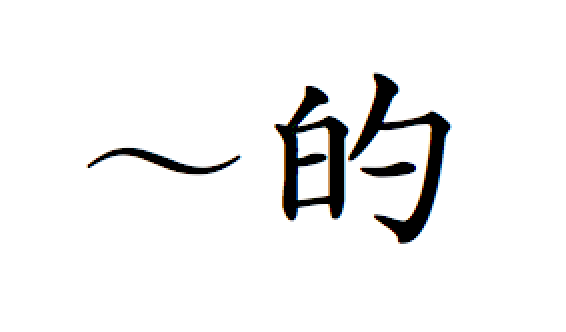Connecting ideas in Japanese: a high-level guide
When learning a foreign language, one first studies basic sentence order and practices building simple sentences with subject/verb. Once there is some comfortability with that, the next step is learning how to connect ideas either within or between sentences. This allows expression of more complex ideas and one step closer to fluency. Those who speak… Read More »



